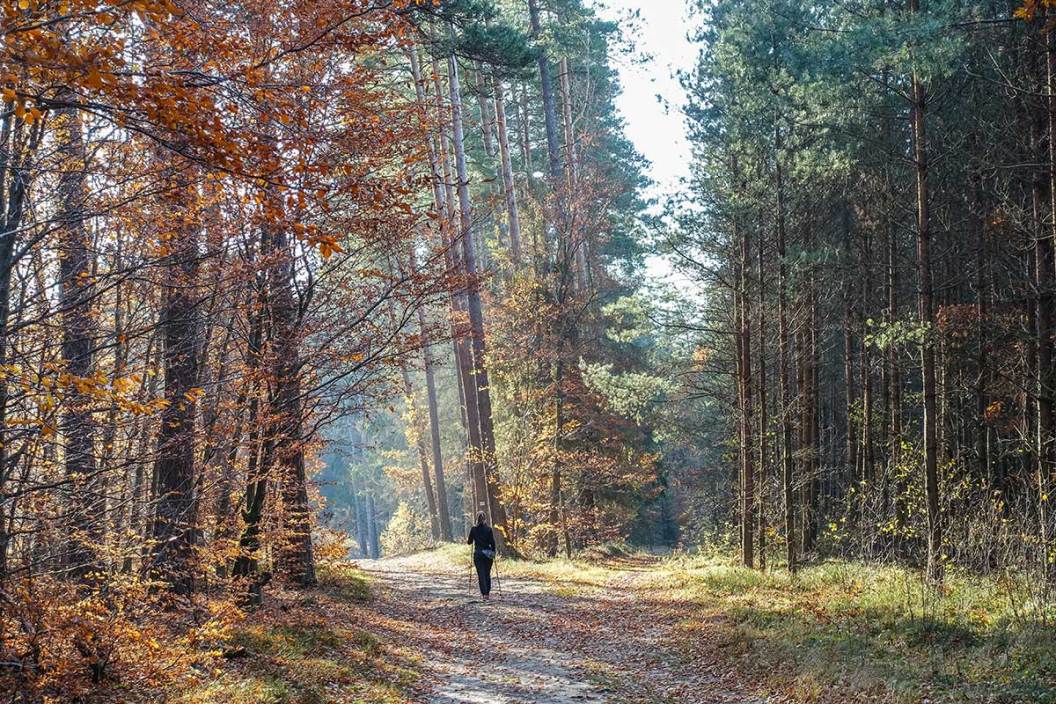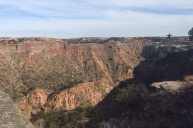When planning a hike in a new location, it is common to wonder how long that hike might take. A lot of factors come into play, including the obstacles on the hike, weather conditions, and physical fitness of everyone in the hiking party.
Knowing an approximate duration of a hike, based on calculating specific factors, can be a helpful bit of information to have.
Plus, the projected time of return can help in even more planning purposes - Will you need to camp overnight? What time can someone expect you back? How much provisions will you need to pack?
We'll share the fundamental formula for figuring it out, and mention the variables to take into account.
Calculating "Book Time" for a Hike
Estimating a hike's duration can be done using a basic formula. The general rule is that it takes an average hiker thirty minutes to hike a mile up a gently rising trail. Then add thirty minutes for every 1,000 feet of elevation gain, known as ascent. This formula will give the hiker the "book time" of a hike.
Book time is one of the most commonly used ways to estimate a hike's duration, mostly due to its simplicity. HikingandFishing.com has a handy calculator.
Book time gives a base duration, which then can be adjusted based on a variety of factors. Book time does not consider hazards, trail conditions, or physical limitations. These individual factors must be calibrated by the hiker.
Consider the Variations
There are a few additional things to consider that could add extra time and effort to a hike.
- Terrain - What is the ground surface like? Is there mud, sand, or snow? These conditions will make for a sloppier, and therefor slower, hike than walking on dry, stable ground.
- Trail - Is the trail well maintained and clearly marked? Bushwacking through poorly maintained sections will slow the party down.
- Obstacles - Will there be streams to cross? Steep scrambles to ascend? These things can certainly cause a slowdown.
- Pack Weight - How much is on your back? Are you carrying more than usual? Packing in more than you are used to might be a slowing factor.
- Physical state - Did you sleep well? Are you free of injury and well-hydrated? All things to consider on the day of the hike.
- The hiking party - When hiking with others, if the plan is to stay together then the hike's pace and duration should be based off the slowest party in the group.
In the great outdoors, preparation is everything. A hiker cannot be overprepared. Taking the time before a hike to calculate the hike's projected duration is just one step of overall preparedness.
Be armed with this information and enjoy the climb, while knowing approximately how long it should take.
READ MORE: TIPS FOR FEMALES SET TO EMBARK ON THEIR FIRST SOLO BACKCOUNTRY CAMPING TRIP




